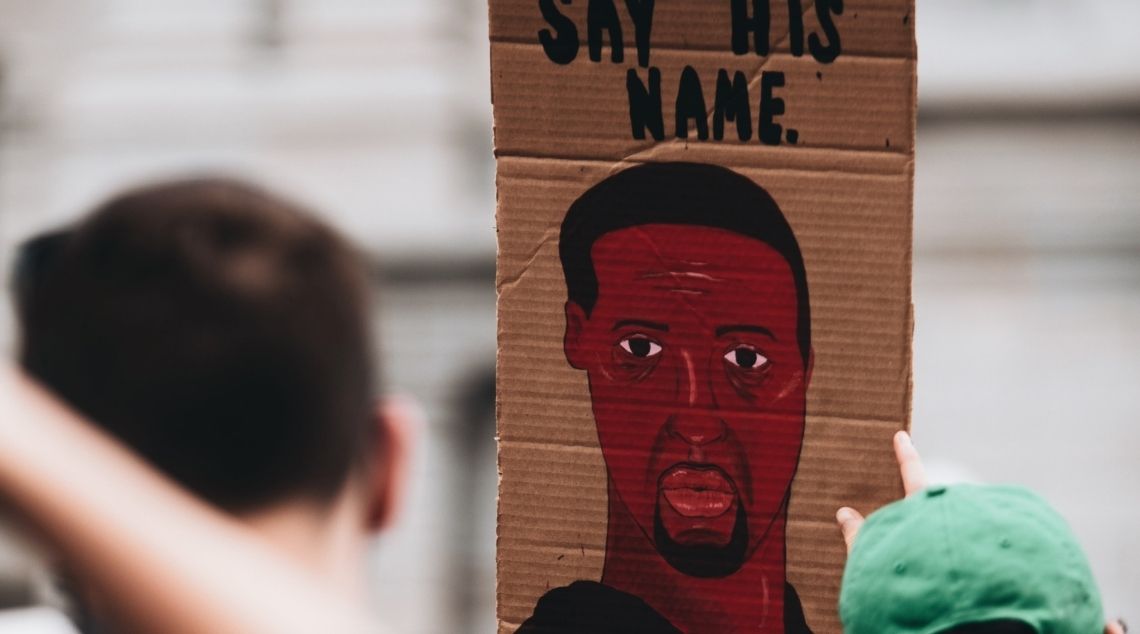The death of George Floyd created a firestorm around policing in America. Whether the original incident was justified or not, the moments after were seized upon by politicians, activists, and the media to universally demonize law enforcement for the mistakes of a few. With this frenzy came the calls to reform policing in America. Instead of focusing on moderate, sensible improvements to how the law can be enforced, a complete overhaul was demanded without regard for how it may affect the law enforcement community. Legislatures around the country began crafting and proposing bills collectively referred to as Floyd’s Law or initiatives.
Floyd’s Law
One of the core objectives of Floyd’s Law initiatives around the country is to end or seriously reform Qualified Immunity. The essence of Qualified Immunity is that it provides a shield against civil litigation of law enforcement who must make quick decisions in high stress situations to subdue, apprehend, or otherwise manage suspects. Questions over whether Qualified Immunity is justified hinge on the argument that police must be held accountable if they are actively and knowingly violating the Constitutional Rights of a suspect. However, as noted by Supreme.Findlaw.com, “Officers should not be forced to apply an abstract right under the Constitution to specific circumstances in split-second decisions. Officers cannot be expected to be legal scholars or think through legal arguments when attempting to make an arrest.” Police Officers do not have absolute immunity from prosecution and ending or seriously weakening Qualified Immunity could open the floodgates to seriously obstructing law enforcement for fear of being sued.

Another aspect of Floyd’s Law initiatives involve creating even greater levels of bureaucracy and arbitrary oversight of law enforcement officers. A proposed bill in Washington state named Floyd’s Law and Review Panel for Police Oversight Initiative aimed to not only create more government oversight of their police departments, but to encourage civilian bystanders to record police activity. “The measure would have encouraged civilians to record police interactions and intervene if the civilians feel that excessive force is being used. The measure would have created the Floyd’s Law Review Panel to review recordings of interactions with police.” In general, civilian oversight boards have often been criticized as being ineffective and unequal in disciplinary action but encouraging bystanders to intervene in law enforcement activity using their own discretion is a step further. These types of initiatives would not only put all parties involved in danger but can seriously impede law enforcement at the whim of an onlooker and further politicize the scrutiny of police oversight.
Floyd Initiative on Police Reform
Finally, one of the key aspects of Floyd initiative police reform centers around the use of lethal force. Many of these new bills nationwide continue to make the argument that “de-escalation” must be used instead of force if an individual appears to pose a threat. Such is the case made by legislators in Texas, who drafted new police reform bills this past summer, according to HoustonPublicMedia.org. “The caucus’ George Floyd Act would limit the use of force by officers, requiring them to attempt to de-escalate the situation and banning lethal force ‘if another lesser level of force could have worked,’ said state Rep.Jarvis Johnson, D-Houston.” The use of force, especially lethal force, is a last resort. While it is reasonable in theory, the question becomes who will decide if a “lesser level of force” would have worked? Police do not defer to lethal force unless in an extraordinary situation in which their lives or the lives of others are at imminent risk. Continuing to add layers of subjective layers of interpretation of when lethal force is required is a slippery slope that could ultimately create even more dangerous situations for police on the scene.
Many of the initiatives brought forth since the death of George Floyd have taken a universally recognized tragedy and used it to fundamentally alter the way in which police are able to enforce the law. Instead of using the law as a guide, these initiatives will force police officers to increasingly make decisions based on civil liabilities, political pressure, and fear of retribution if force is required in the heat of the moment. While many are open to sensible police reform, these initiatives are part of an initiative to radically alter law enforcement and turn police work into a liability for the officers at the expense of the communities they serve.
Image Credit: Photo by Logan Weaver on Unsplash
The “Defund the Police” movement is a radical response, pushed by radical players. Here are some of the major metropolitan areas whose governments voted to “Defund the Police”.









